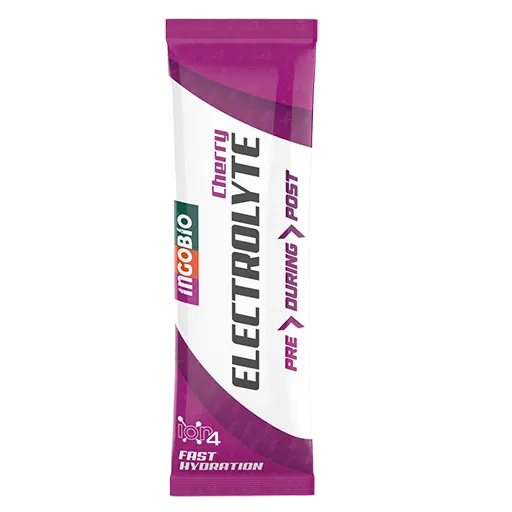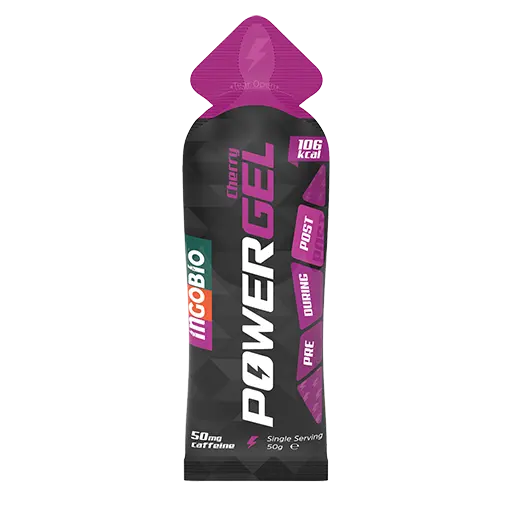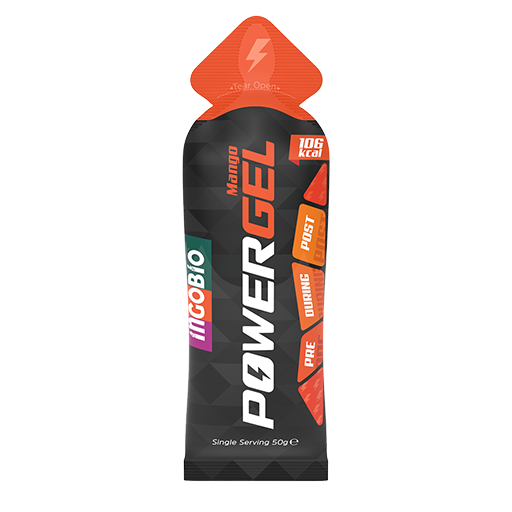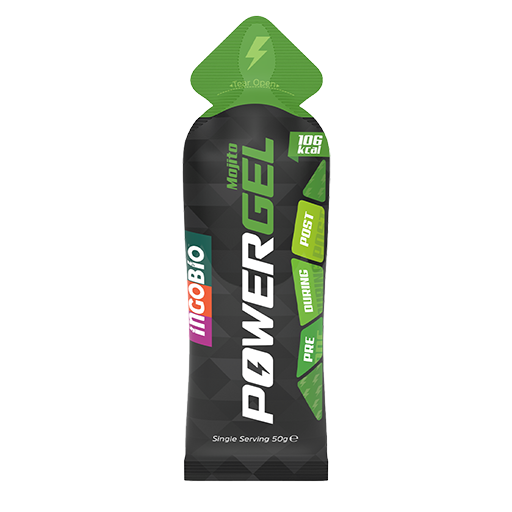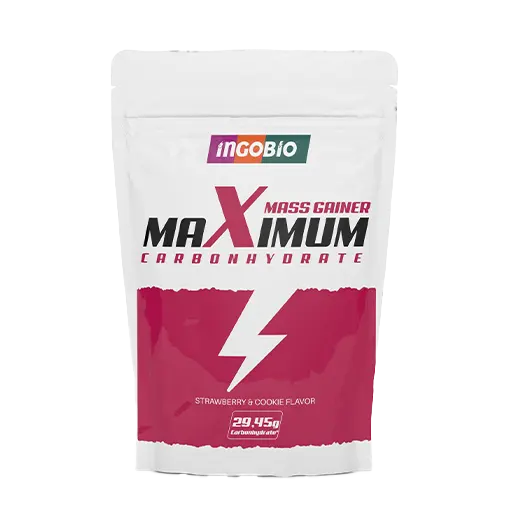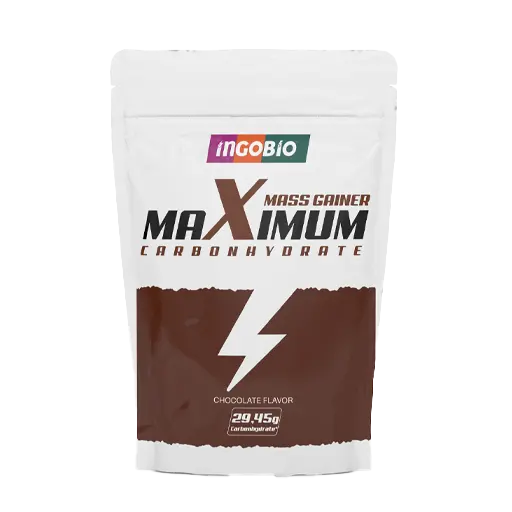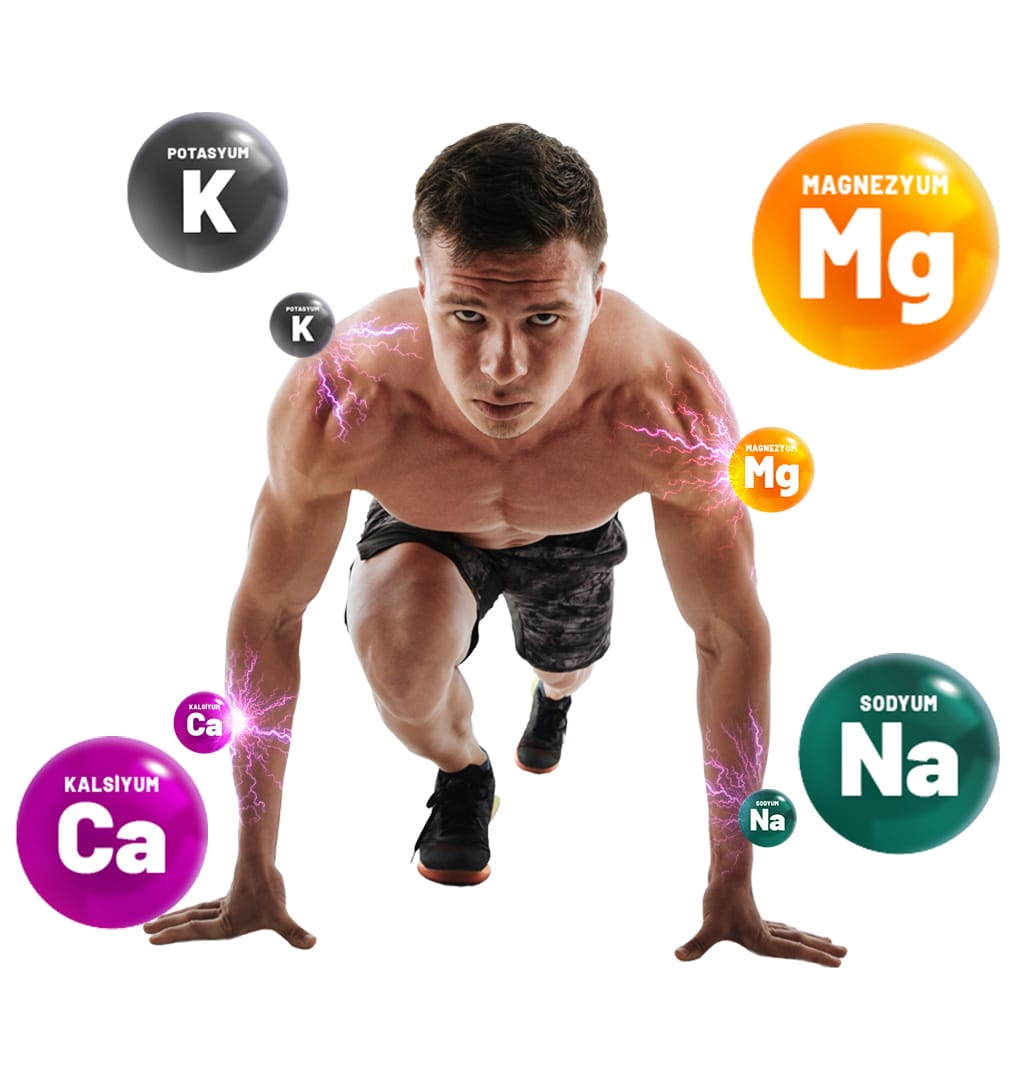What is Electrolyte?
Electrolytes are minerals that are critical for our body to perform its basic functions. These minerals, which break down into positively (+) or negatively (-) charged ions when dissolved in water, regulate many vital processes such as the movement of muscles, proper functioning of nerves, fluid balance and maintenance of energy levels.
The most common electrolytes are:
• Sodium (Na+): Maintains extracellular fluid balance and helps transmit nerve impulses.
• Potassium (K+): Regulates the fluid balance within the cell and supports muscle functions.
• Chloride (Cl-): Together with sodium, it contributes to fluid balance and maintains acid-base balance.
• Calcium (Ca+2): Triggers muscle contractions and supports bone health.
• Magnesium (Mg+2): Necessary for energy production and muscle relaxation.


